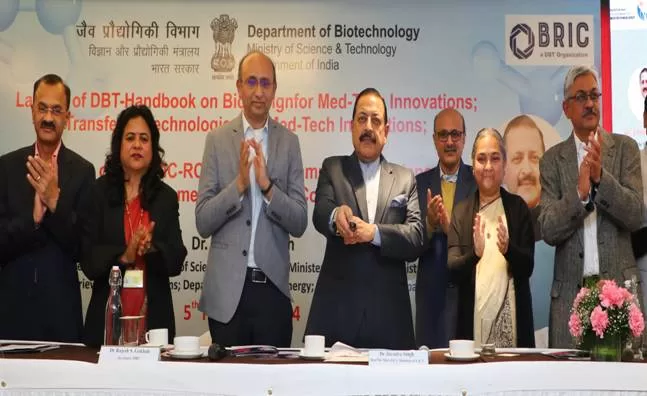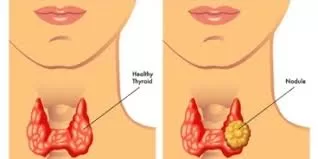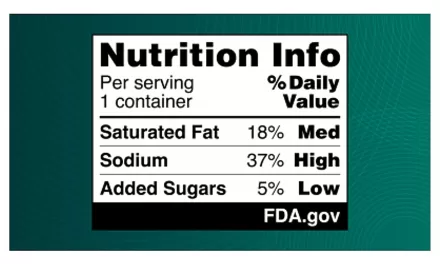New Delhi
In a significant leap towards addressing global health challenges and fostering innovation in the healthcare sector, Union Minister of State (Independent Charge) for Science & Technology; MoS PMO, Personnel, Public Grievances, Pensions, Atomic Energy, and Space, Dr. Jitendra Singh, launched multi-disciplinary post-doctoral courses in Bio-Sciences. The inauguration of the “i3c BRIC-RCB PhD Programme” in Biosciences in New Delhi marked a transformative moment in India’s scientific landscape.
Addressing a distinguished gathering of scientists, researchers, and students, Dr. Jitendra Singh announced the enrollment of 1000 Ph.D. students over the next five years for the i3c BRIC-RCB PhD Programme. The program is strategically designed on the pillars of ideation, immersion, innovation, and collaboration, aligning with the Prime Minister’s vision of leveraging science and technology for the benefit of all.
“This program will enable Indian students to embark on world-class research in fascinating and diverse fields of biotechnology,” stated Dr. Jitendra Singh. Emphasizing the significance of the program, he highlighted the unique course curriculum and hands-on training on high-end facilities that will be provided to research scholars. A special ‘Immersion Fellowship’ supported by Grand Challenges India will offer scholars on-field experience to address challenges through collaborative research in institutions under the Department of Biotechnology (DBT).
Dr. Jitendra Singh informed the audience about the creation of a new Autonomous Body, Biotechnology Research and Innovation Council (BRIC), by subsuming 14 autonomous research institutions. BRIC aims to integrate multi-disciplinary research and innovation programs, maximizing biotech impact in the country.
Dr. Rajesh S. Gokhale, Secretary, DBT, expressed that the iBRIC, RCB, and ICGEB institutions are pioneers in cutting-edge, multi-disciplinary research in biosciences, and the i3c BRIC-RCB PhD Programme will transform the research landscape in the country.
During the ceremony, Dr. Jitendra Singh also launched the DBT-Handbook on Bio-design for Med-Tech Innovations and licensed medical technologies developed by DBT-Bio-design fellows to startups incorporated by them. The DBT-Biodesign Program, fostering med-tech innovators, operates through six Biodesign Centers across the country, collaborating with over 20 leading medical schools and technical institutions.
Highlighting the growth in India’s bioeconomy, Dr. Jitendra Singh mentioned a robust 29% surge in 2022, reaching a substantial value of around US$140 billion. He projected the bioeconomy to reach US$300 billion by 2030. India’s rise from 81st to 40th rank in the Global Innovation Index showcases the nation’s commitment to scientific advancement.
Dr. Jitendra Singh also acknowledged the growth potential in the medical devices sector in India under the Make-In-India initiative, emphasizing the need for indigenous solutions to meet national needs and contribute to the vision of an Atmanirbhar Bharat (Self-Reliant India). The technologies developed by DBT-Biodesign fellows are expected to play a pivotal role in achieving this objective.












